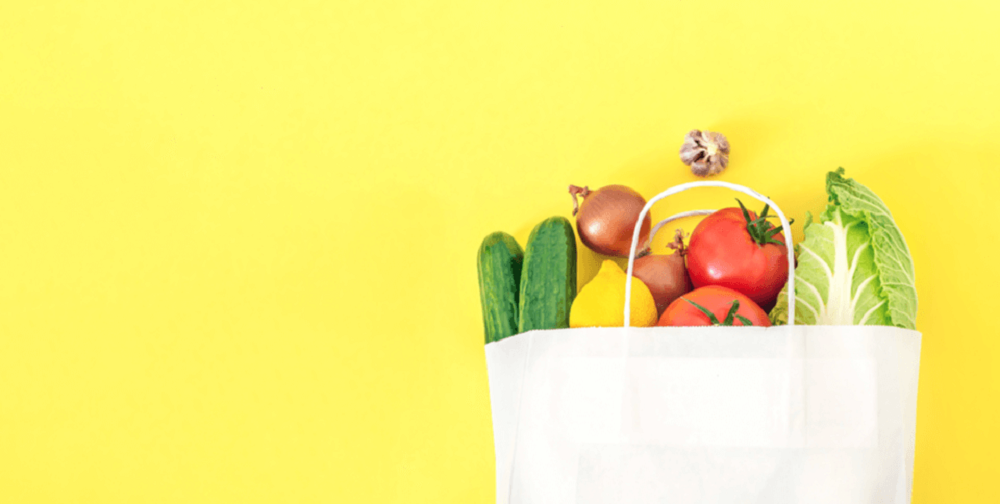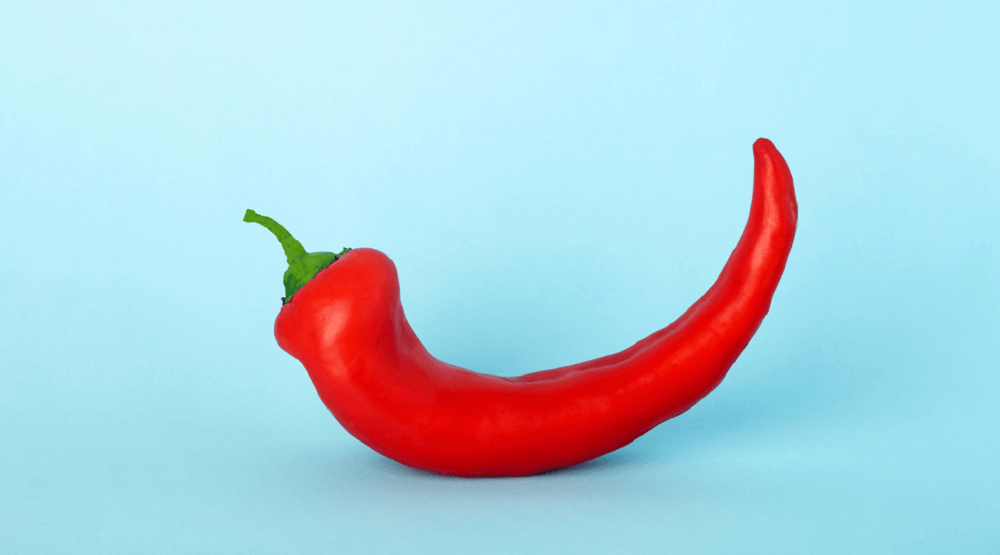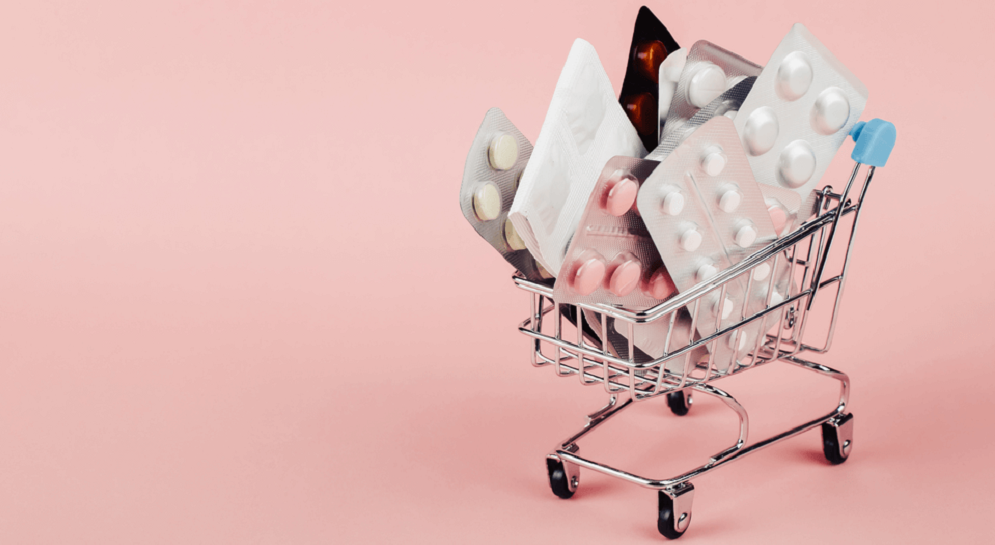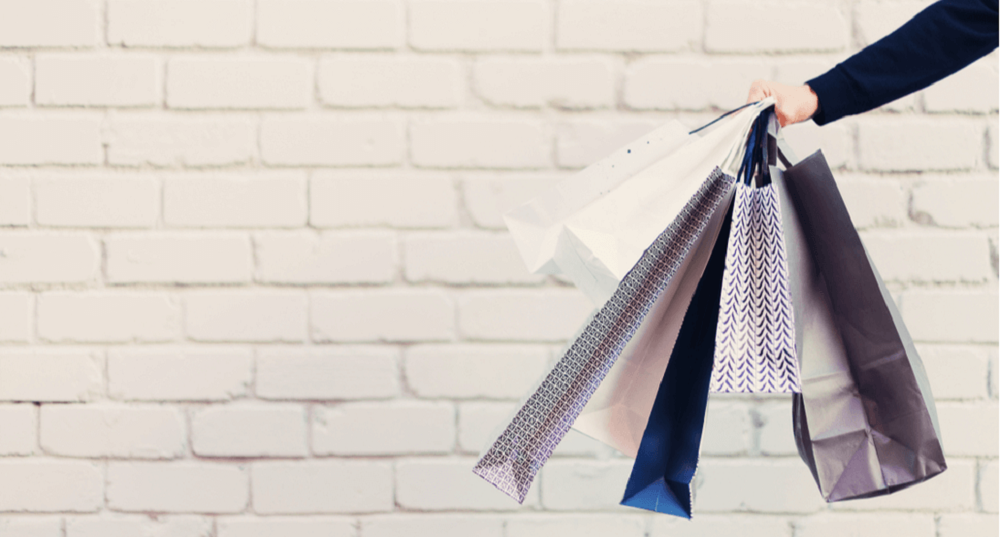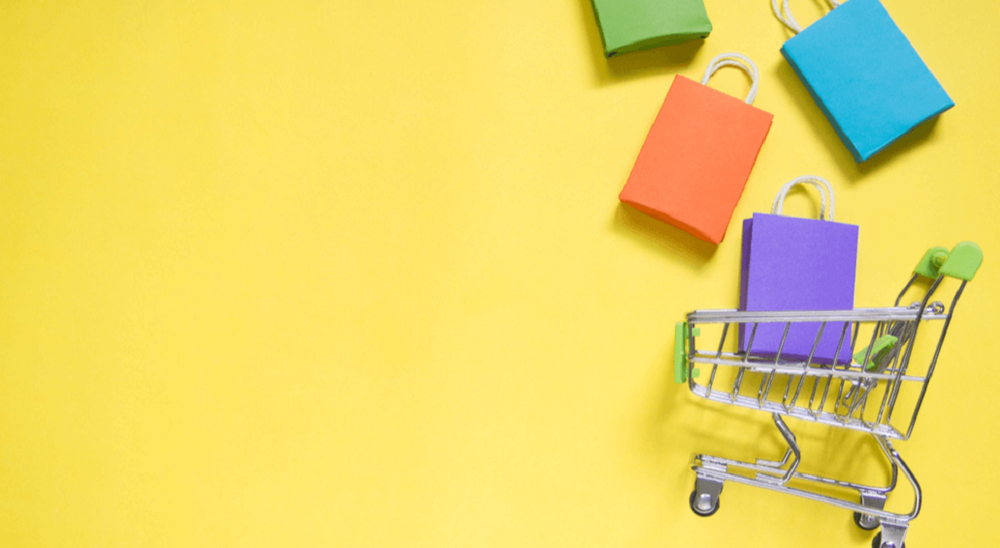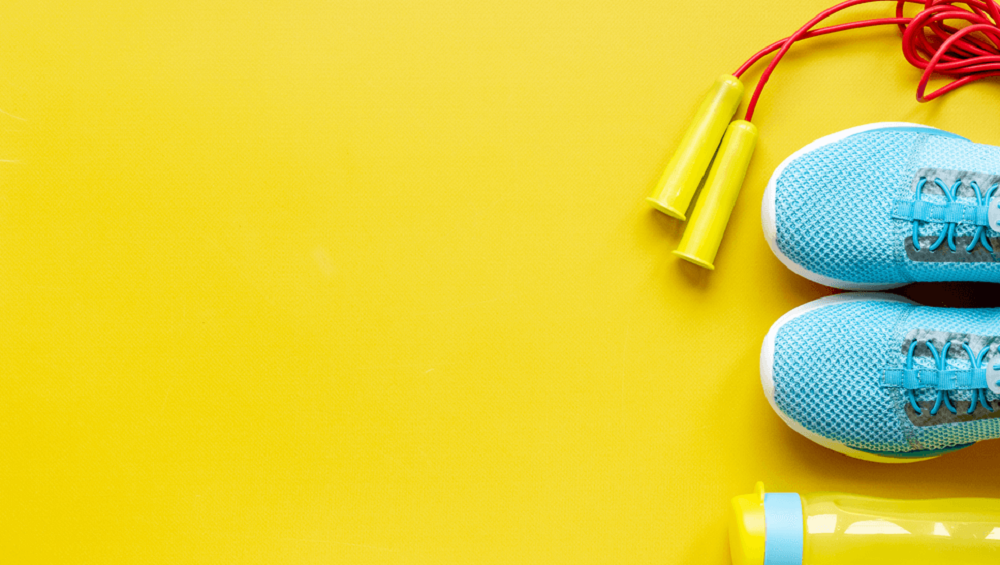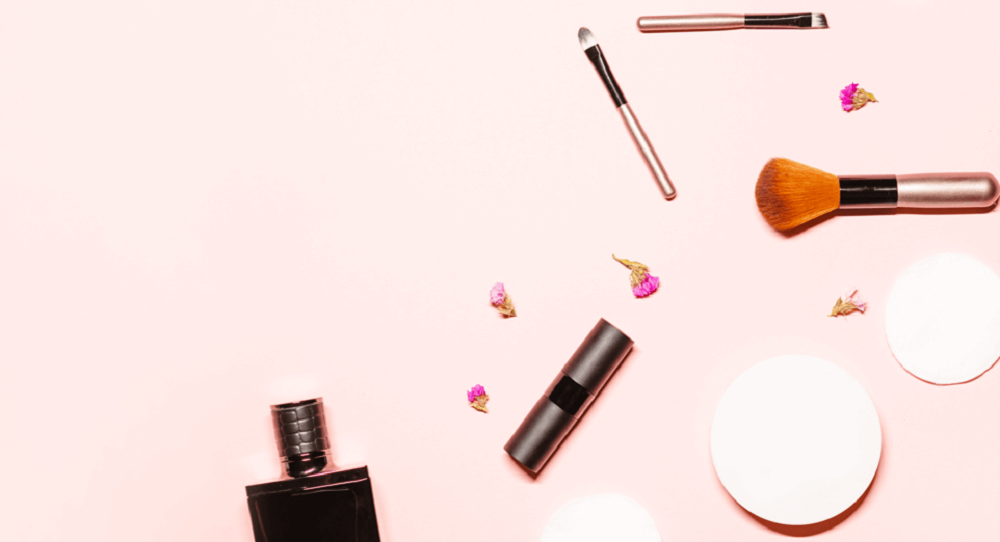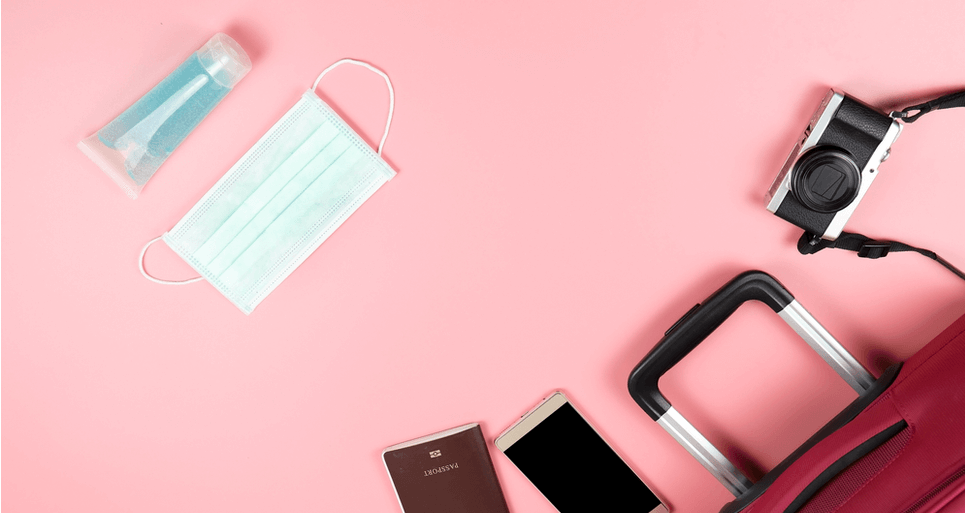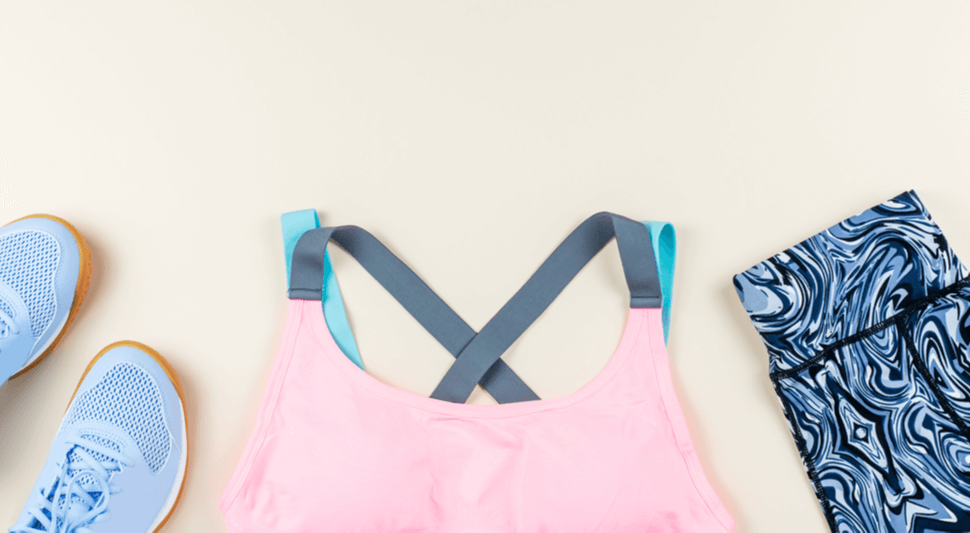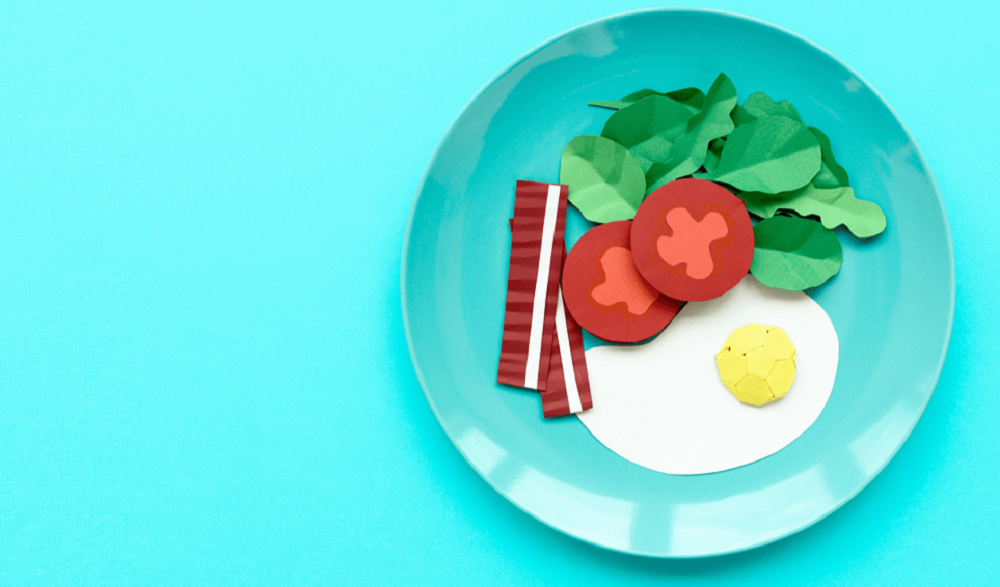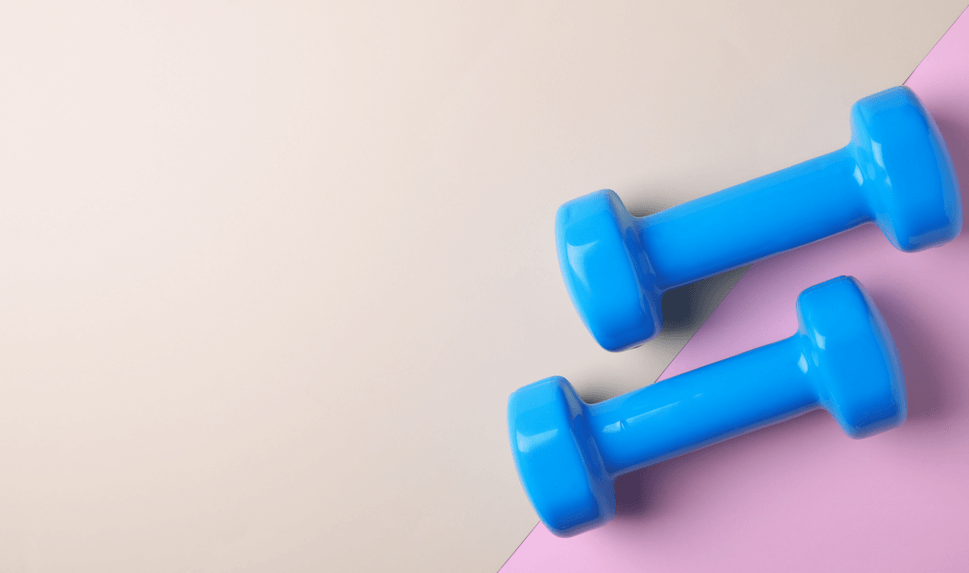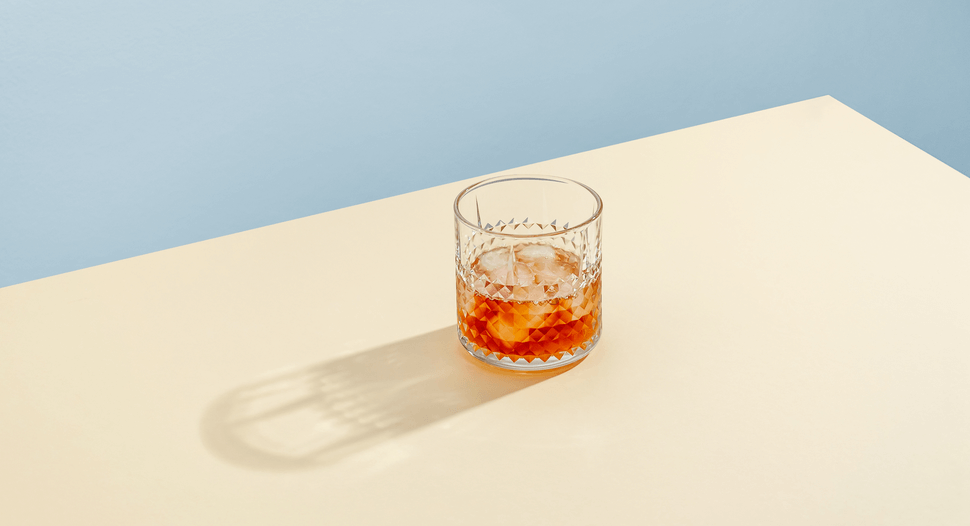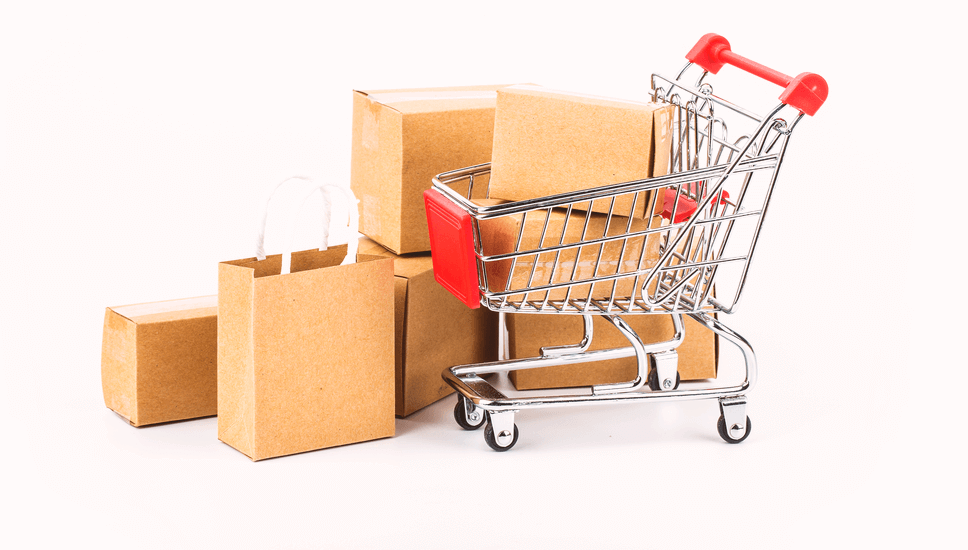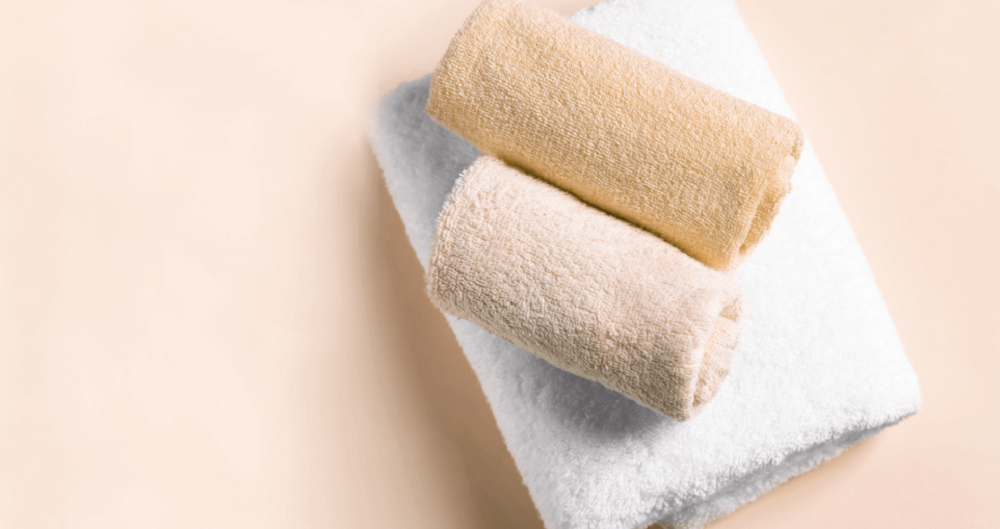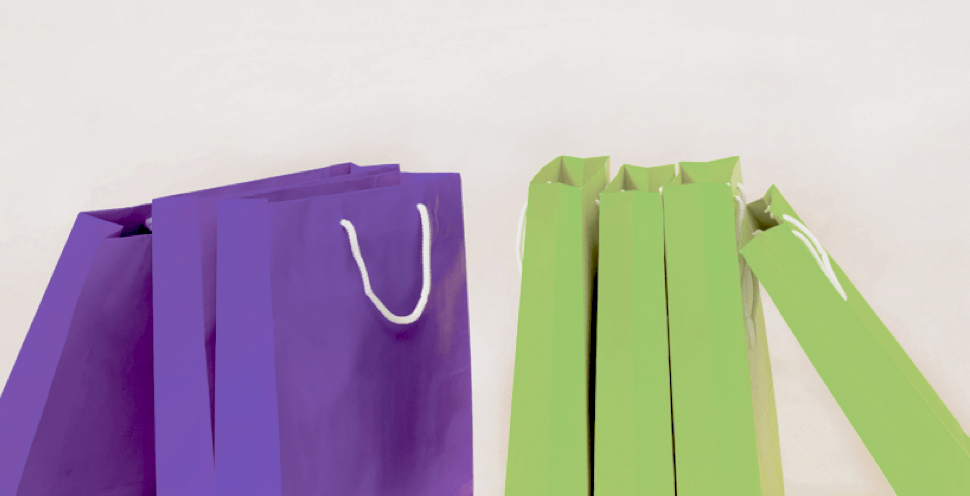Our Q3 Quarterly Index is now live! We analyzed a wide array of brands in several major retail categories including apparel, grocery, fitness, home improvement, and superstores to bring you the latest insights and identify trends shaping retail right now. Below is a taste of our findings. In Q2, it seemed like the pandemic disruptions were waning and the grocery and superstore spaces were returning to pre-pandemic foot-traffic patterns, until COVID cases began increasing again, causing consumer concerns about the economy to surge once more.
In this Placer Bytes, we dove into Target’s offline Deal Days performance, self-storage’s impressive monthly visit gains, and physical therapy chains’ summer surge. This year marked the first time that the Target Deal Day sales extended not only to the Target website and app, but also to all brick-and-mortar Target stores. The sale lasted from October 10th through October 12th amidst reports of supply chain challenges and impending retail shortages pushing consumers to get a jump-start on their holiday shopping.
The wider Home Improvement category was one of the retail bright spots early on in the pandemic, with brands like Home Depot and Lowe’s showing a unique level of strength. Yet, one of the more interesting storylines was the rise of Tractor Supply – a brand that also outperformed over the last 18 months. Home furnishings leaders were also among the better performers over the last year as key trends aligned to give an added boost to their specific offerings.
After a brief month of year-over-two-year visit growth in July, nationwide dining visits fell once again below 2019-levels in August, and declined even further in September. To understand how current dining trends were affecting the QSR sector, we dove into in-store visits to Chipotle and Yum! Brands’s portfolio – KFC, Taco Bell, and Pizza Hut. While Chipotle has been investing heavily in its digital channels, offline traffic has been lagging behind pre-pandemic levels. But the brand has been opening new locations
In this Placer Bytes, we dive into two classic brands – Dutch Bros. Coffee and Crocs – that have been experiencing a major pandemic boost. Although the dining industry is still struggling to reach its 2019 foot traffic level, Dutch Bros. Coffee has been on an incredible growth streak for more than a year. In the wake of the brand’s [recent IPO](https://www.restaurantdive.com/news/dutch-bros-coffee-targets-33b-valuation-in-ipo/601867/), we took the opportunity to dive into one of the most impressive success stories of the pandemic.
As the wider retail recovery continues, one sector that seems particularly well aligned with current trends is the pharmacy space. An increased focus on health and wellness alongside the ability to distribute COVID vaccines and administer tests has positioned leaders in the space particularly well. CVS and Walgreens returned to year-over-two-year growth by March 2021 with both brands maintaining the success throughout the summer.
Top tier malls across the country had been experiencing a steady recovery since the start of 2021. This recovery culminated in July when visits to indoor malls rose 1.0% above the same month in 2019, with outdoor mall visits rising 1.8%. Pent-up demand, a lack of travel, general excitement around the retail reopening and more all combined with the Back-to-School retail season to drive an impressive month.
The retail and domestic tourism sectors are slowly seeing year-over-two-years visit gaps close in New York City, but major office towers are still seeing huge visit gaps when compared to 2019. And this has significant effects on restaurants and retail within the city. So we dove into the data to find out – how far along is the office recovery in NYC? Domestic tourism visits (visits by individuals living more than 50 miles outside of New York City) fell dramatically over the pandemic.
With the Back-to-School season in the rearview mirror and the holiday season quickly approaching, we dove into category level analysis to try and understand the wider trends impacting retail. The combination of the wider reopening alongside a key Back-to-School shopping season in the summer drove a significant recovery for many brands and segments. The overall retail category saw significant strength in the summer with the 7-week period beginning the week of July 5th showing average weekly visit growth of 7% when compared to the equivalent weeks in 2019.
While the apparel sector as a whole is still struggling to consistently match or exceed its 2019 visit levels, major sporting goods stores are seeing their visits jump. We dove into the data to get a better understanding of this category’s impressive offline success. For the past five months, visits to four major sporting goods brands – Hibbett Sports, Dick’s Sporting Goods, Academy Sports + Outdoors, and Big 5 Sporting Goods – have consistently outpaced 2019 monthly visits.
In this Placer Bytes, we dive into the recovery of Disney’s two namesake theme parks and explore what Labor Day weekend may be telling us about department stores’ upcoming holiday season. Following an extended period of depressed visits, Disney World and Disneyland both saw visits climb impressively close to 2019 levels during the summer. July visits were down 8.2% to Disney World and 25.3% to Disneyland.
Last December, Kohl’s and Sephora announced a long-term strategic partnership to revitalize Kohl’s beauty offerings by opening Sephora shops-in-shop at select Kohl’s locations throughout the country. The plan involved launching 200 “Sephora at Kohl’s” locations by the fall of 2021, for a total of at least 850 Kohl’s with a Sephora store-in-storeby the end of 2023.
Our latest whitepaper analyzes the tourism and travel recovery following a year and a half of extraordinary challenges. We dove into foot traffic data for cities, states, hotels, airports, and tourist attractions across the countries to understand how the pandemic impacted – and continues to impact – these critical industries. For this whitepaper, we supplemented our usual data streams with data from Placer.ai’s free COVID Recovery Dashboard, which measures retail and domestic tourism visits across every state, county, city, and zip code in the United States.
Athleisure – and workleisure – are having a moment. After the long months of shelter-in-place, many consumers are looking for clothes that make them look presentable without sacrificing the comfort they got used to during the lockdowns. But is the surge in athleisure translating to offline success for bona fide sportswear brands? We dove into visit trends at Nike and Under Armour to find out. The nationwide apparel recovery as a whole has been slower than in other industries.
When we last looked at the Darden Restaurant Group, year-over-two-years visits to Longhorn Steakhouse were up but many of the parent company’s other restaurants were struggling. With September almost behind us, we analyzed the data to see how the summer has treated some of the group’s best known dining brands. Although the restaurant industry appeared to be making a full visit recovery in early July, the year-over-two-year growth in visits was short-lived.
When we last checked in with the fitness industry, the sector was slowly making a comeback – although visits still lagged behind 2019 figures. Now, over a year and a half after COVID first hit the United States, we dove into the data to understand how this hard-hit industry is faring under the new normal. The fitness sector suffered a heavy blow over COVID. As health clubs closed throughout the country went into lockdown, many gyms could not afford to stay in business – according to one study, 22% of gyms have shuttered permanently since the start of the pandemic.
When we last looked into liquor store visits, foot traffic to the sector was significantly higher than it had been in 2019. A couple of months later, it looks like visits to alcohol retailers are still booming. Although the country is mostly reopened and the wider retail economy is on the rise, liquor store visits are still significantly higher than 2019 levels. Analyzing visits to three regional chains (BevMo! on the West Coast and Arizona, Spec’s in Texas, and ABC Fine Wine & Spirits in Florida) and to one national chain (Total Wine & More) reveals that retail alcohol sales are still surging.
When we last looked at the Wholesale Club sector, the leading players were all showing strength ahead of the wider retail reopening. Yet, the strength in grocery alongside rising visits in restaurants created the potential for the sector’s top chains to see lower peaks in the summer. We dove into the data to see how the summer treated these brands. Earlier in the year, we noted that Costco visit data was indicating that while the brand was seeing lower overall visits, the actual number of unique visitors was rising.
In our Quarterly Index, we noted that the pent-up consumer demand for home furnishings gave many home goods chains a visit boost in Q2 2021 – but some brands, like Bed Bath & Beyond and Tuesday Morning, were still struggling. With Q3 almost behind us, we dove into the foot traffic data to uncover the summer recovery trajectory of these two brands. While brands like Home Goods and At Home have succeeded in tapping into the emergence of home nesting – July visits were up 28.6% and 16.9%, respectively
The summer brought positive signs for retail brands across the country with the big box giants, malls and even department stores seeing a needed boost. But with August in the rearview mirror, how much did the summer really contribute to the retail recovery? July and August brought a clear shift in consumer foot traffic, pushing many retail leaders back to positions of growth. Walmart saw visits up 2.9% and 3.9% in July and August when compared to the same months in 2019 – an especially impressive achievement considering the heights hit during that season.







